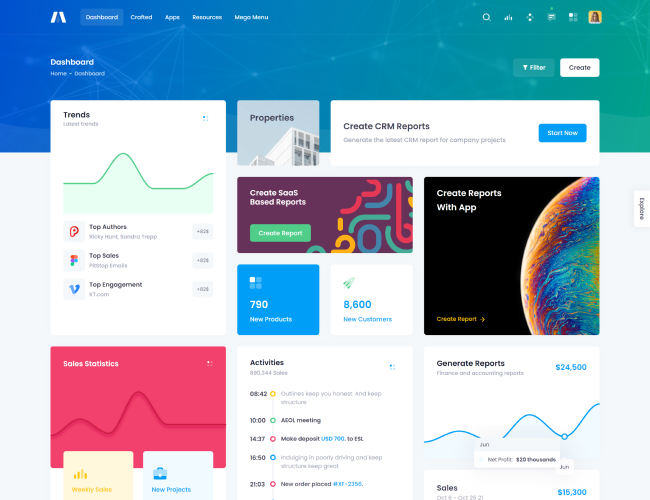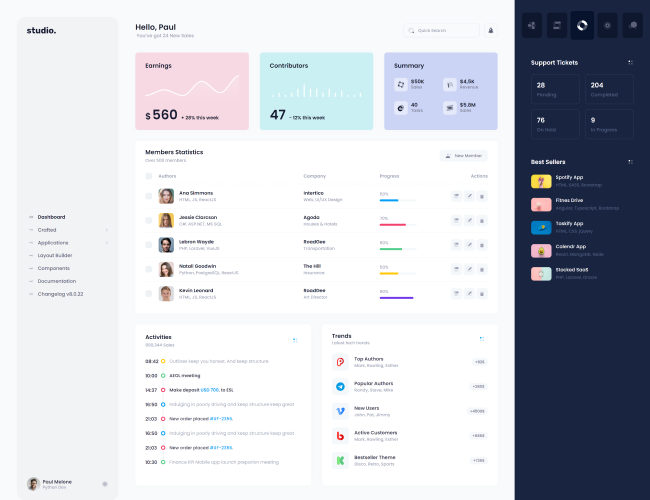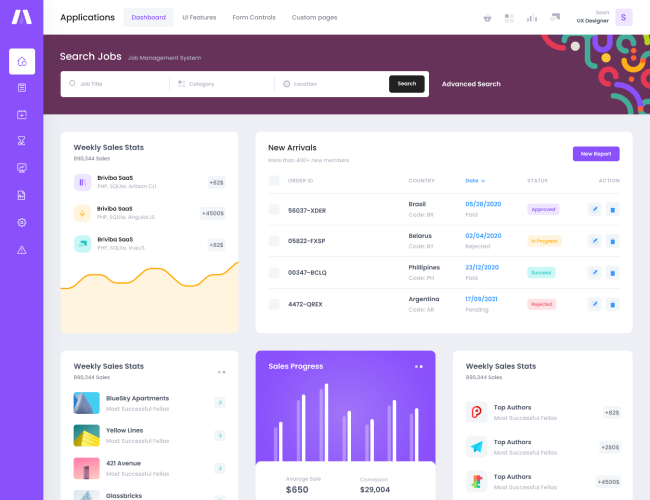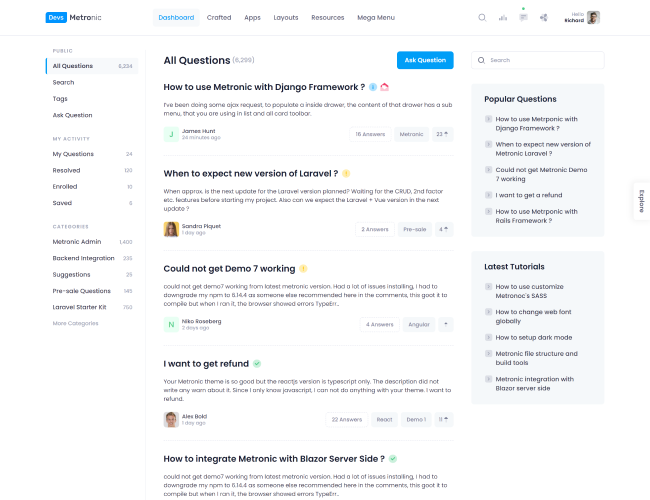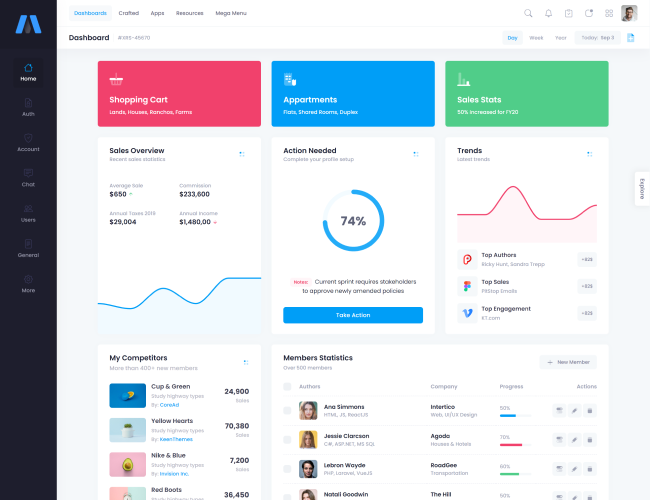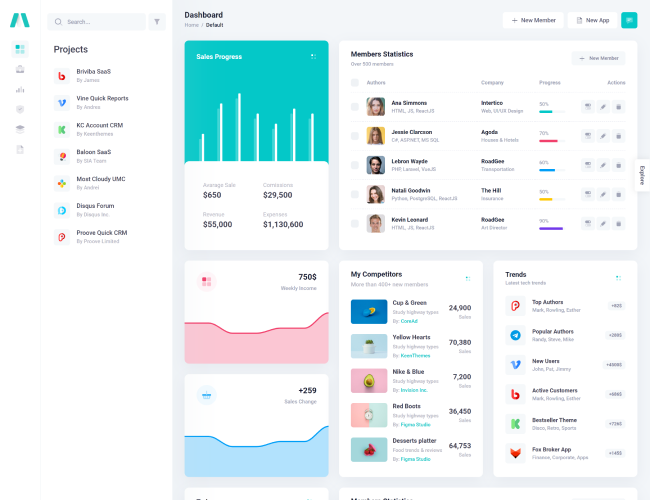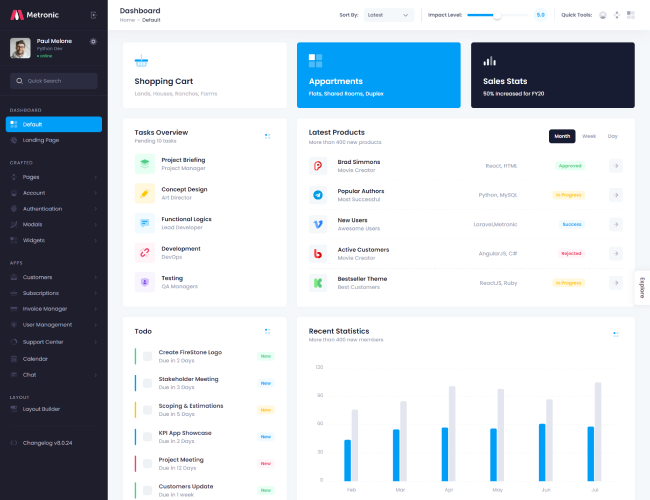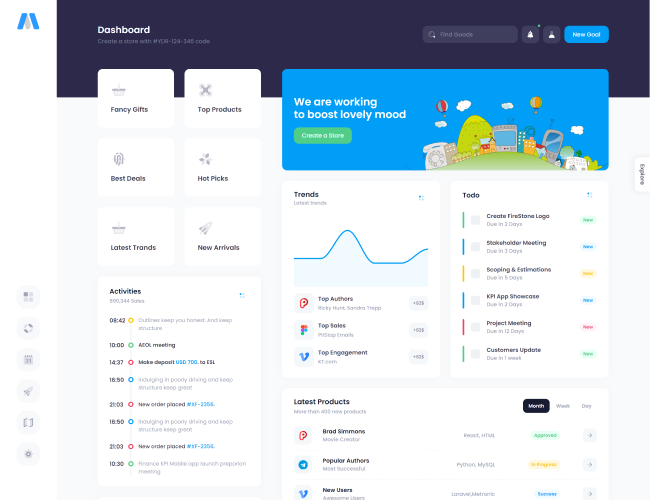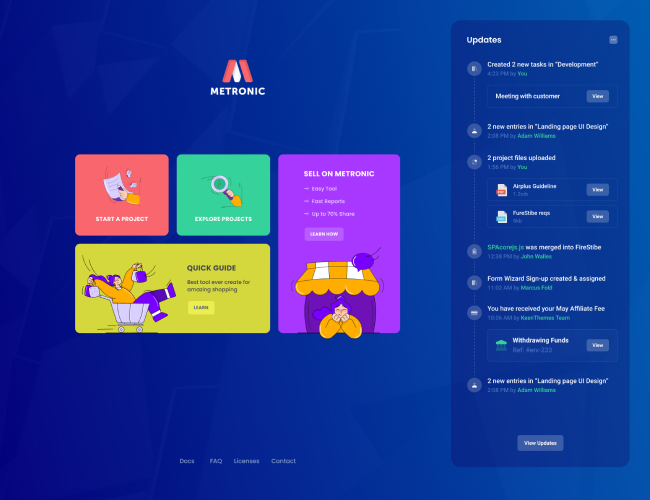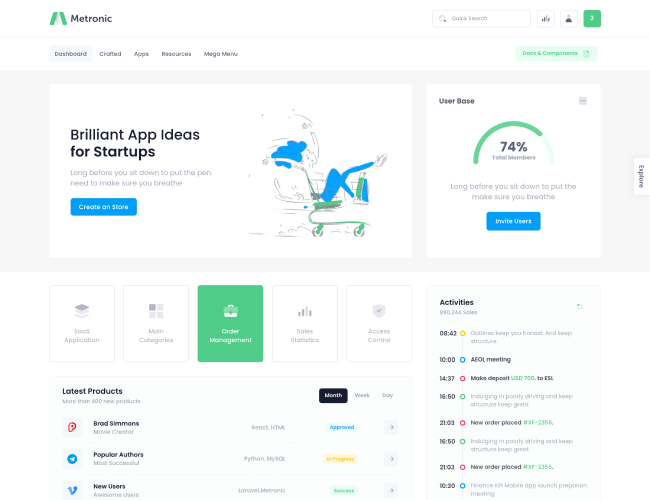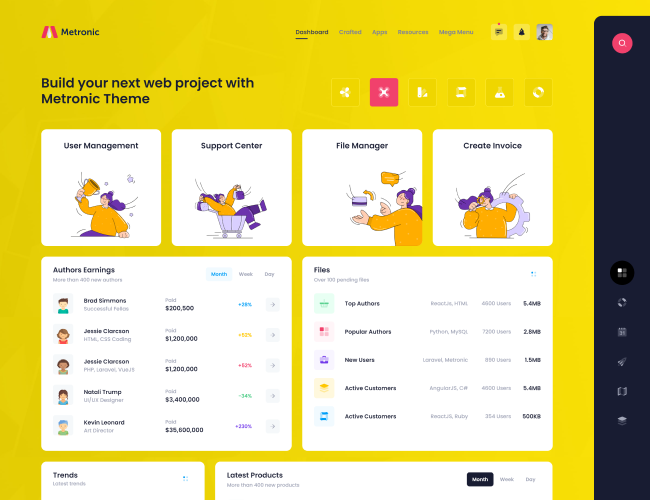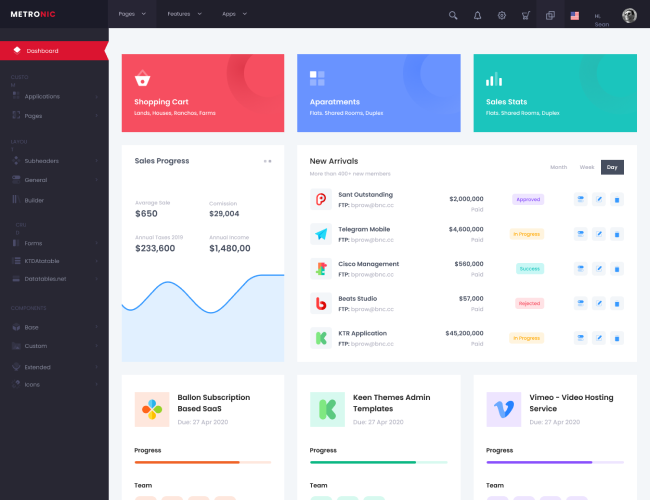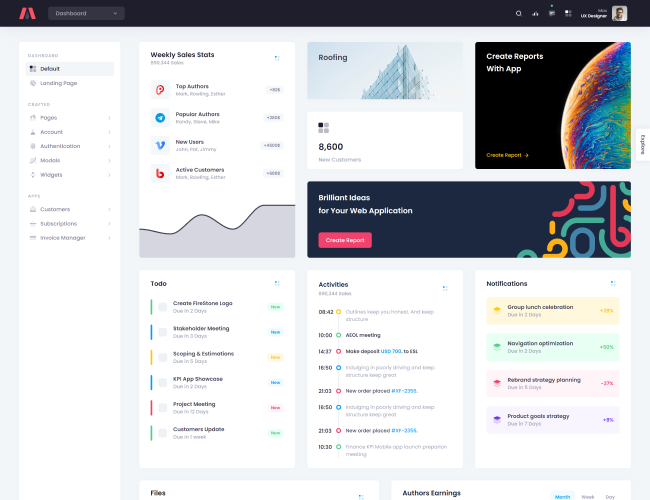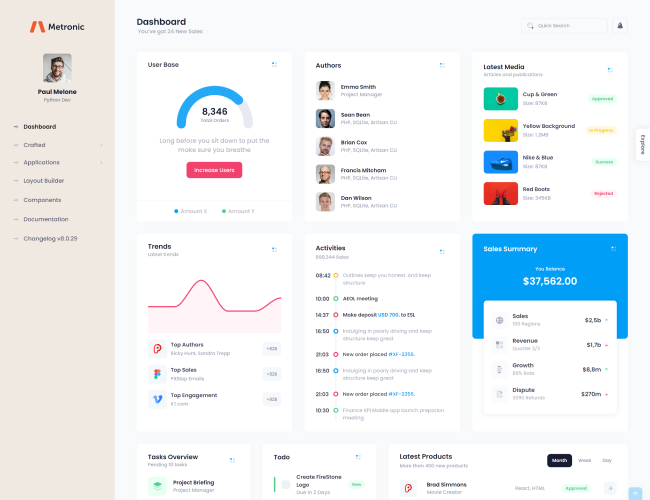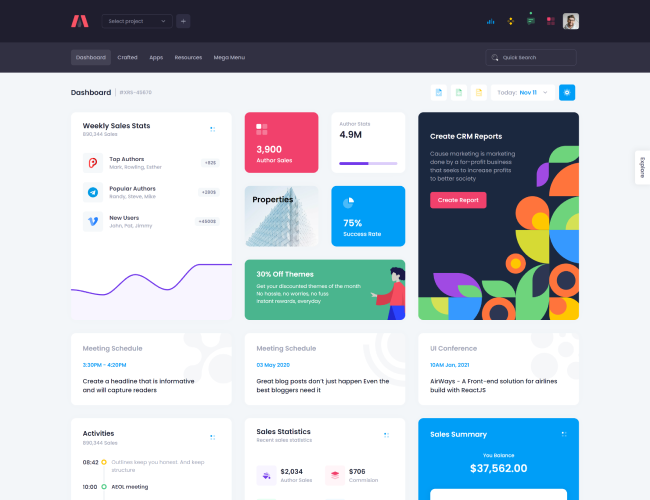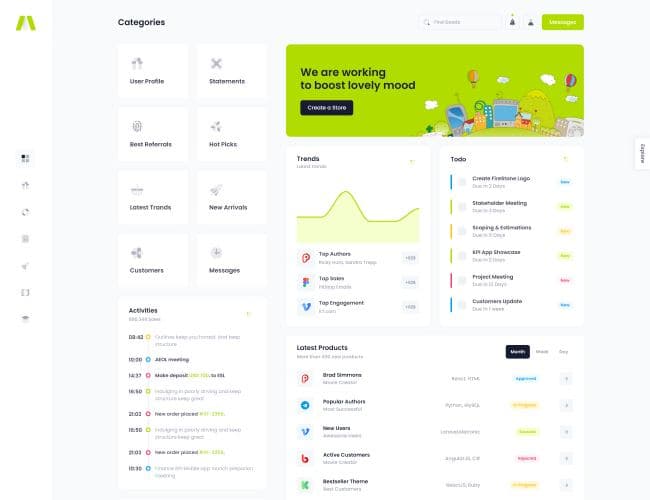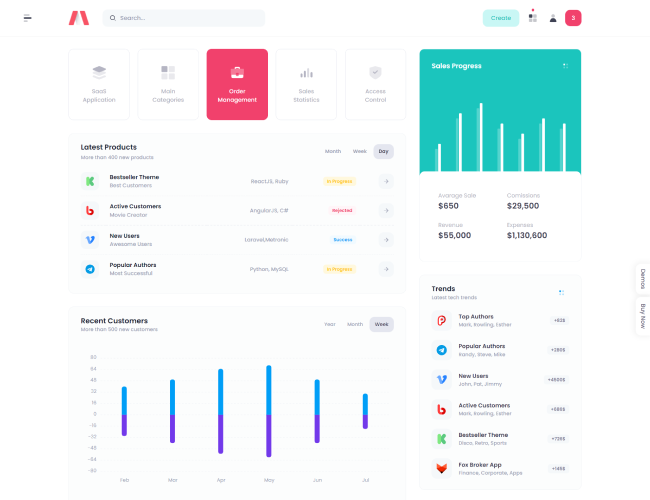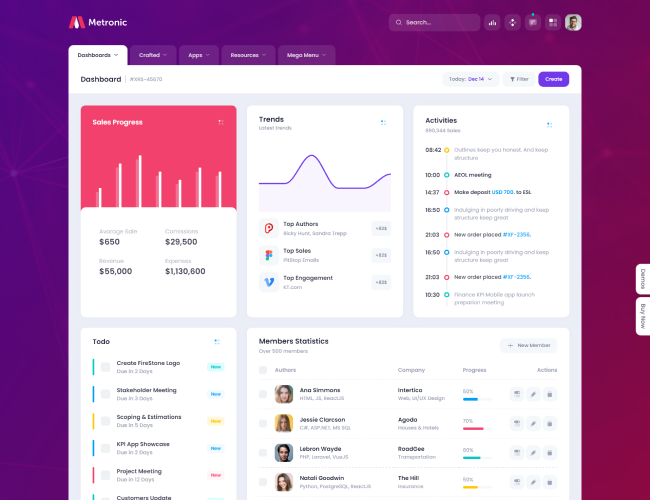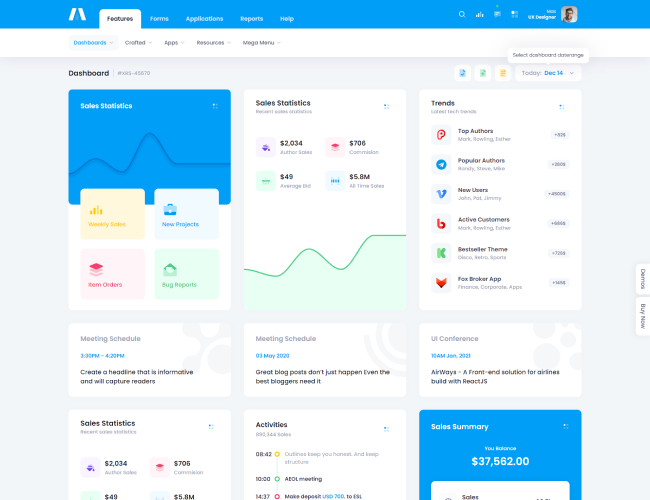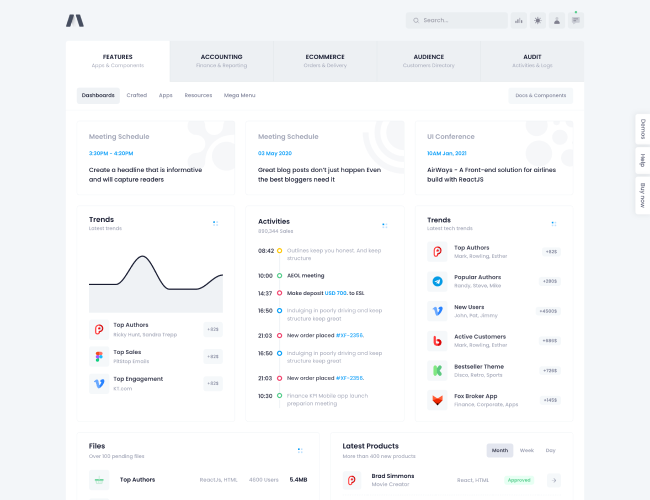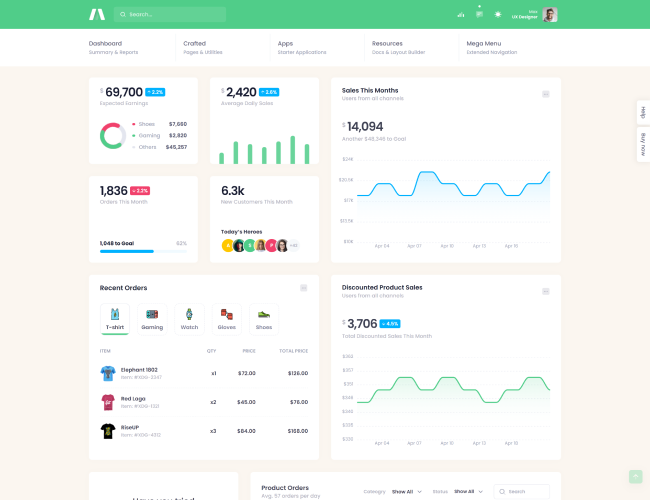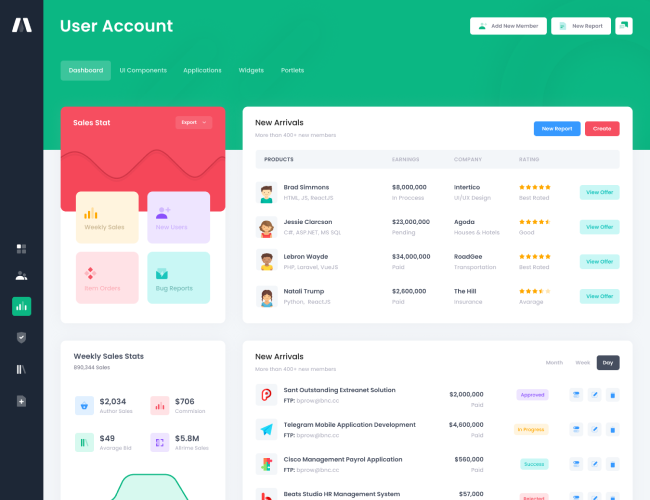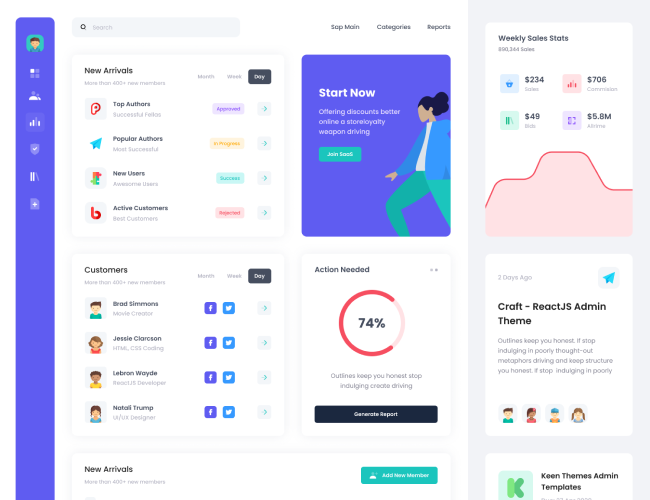
Online MBA
An Online MBA, or Master of Business Administration, is a graduate degree program designed to provide students with advanced skills and knowledge in various aspects of business management. Delivered entirely online, these programs offer flexibility, acces
Compare & Select from 100+
Best Universities for your Online MBA
100% Placement Assistance
An Online MBA, or Master of Business Administration, is a comprehensive graduate degree program that provides students with advanced knowledge and skills in various areas of business management. It covers a wide range of subjects, including finance, marketing, operations, human resources, and strategy. Online MBA programs are delivered entirely online, offering students the flexibility to study from anywhere with an internet connection. These programs are typically designed to accommodate the needs of working professionals who wish to enhance their qualifications without disrupting their careers.
Course Highlights:
- Flexibility: Online MBA programs offer flexibility in terms of scheduling and location. Students can access course materials and participate in discussions at their convenience, allowing them to balance their studies with work, family, or other commitments.
- Accessibility: Online MBA programs are accessible to students worldwide, regardless of their geographic location. This accessibility eliminates the need for relocation or commuting to campus, making education more convenient and inclusive.
- Networking Opportunities: Despite being online, MBA programs facilitate networking opportunities through virtual events, discussion forums, and collaborative projects. Students can connect with peers, alumni, and industry professionals from diverse backgrounds, expanding their professional networks.
- Specializations: Many Online MBA programs offer a variety of specializations, allowing students to tailor their studies to their career goals and interests. Common specializations include finance, marketing, entrepreneurship, healthcare management, and information technology.
Why Pursue an Online MBA Course:
- Career Advancement: An Online MBA can significantly enhance career prospects by providing advanced business knowledge, leadership skills, and a prestigious credential. Graduates are well-equipped to pursue higher-paying job opportunities and leadership positions within organizations.
- Flexibility: For working professionals, an Online MBA offers the flexibility to continue working while pursuing further education. This flexibility minimizes disruptions to their careers and allows them to apply their learning immediately in their professional roles.
- Global Perspective: Online MBA programs attract students from diverse backgrounds and geographic locations, providing opportunities for cross-cultural learning and exposure to global business practices. This global perspective is valuable in today's interconnected business environment.
- CostEffectiveness: Online MBA programs may offer cost advantages compared to traditional on-campus programs. Students can save on expenses such as commuting, accommodation, and campus fees, making education more accessible and affordable.
Who Should Pursue an Online MBA Course:
- Working Professionals seeking to advance their careers in management or leadership roles.
- Individuals looking to switch careers or enter a new industry.
- Entrepreneurs and business owners seeking to enhance their business acumen and strategic thinking.
When to Do an Online MBA Course:
Professionals typically pursue an Online MBA when they are ready to take on greater responsibilities in their careers and seek opportunities for advancement. Some individuals may choose to pursue an Online MBA soon after completing their undergraduate studies, while others may wait until they have gained some work experience.
Advantages of Doing an Online MBA Course:
- Convenience: Online MBA programs offer the convenience of studying from anywhere, at any time, making them ideal for busy professionals.
- Career Advancement: An Online MBA can open doors to higher-paying job opportunities and leadership positions within organizations.
- Networking: Online MBA programs provide opportunities to connect with professionals, alumni, and industry experts from diverse backgrounds, expanding professional networks.
Other Types of MBA Courses:
- Distance MBA: Similar to Online MBA programs, distance MBA programs offer remote learning opportunities but may include occasional in-person sessions or exams.
- Regular MBA: Traditional, full-time MBA programs typically require students to attend classes on campus full-time over two years.
- Part-time MBA: Part-time MBA programs allow students to continue working while pursuing their degree, usually taking classes in the evenings or on weekends.
- Executive MBA (EMBA): Designed for mid-career professionals, EMBA programs focus on developing leadership skills and strategic thinking for senior management roles.
Eligibility Criteria for Online MBA Programs in India
The eligibility criteria for online MBA programs in India can vary slightly between universities and institutions. However, there are some general requirements most programs adhere to:
Educational Background:
- Bachelor's Degree: You must possess a Bachelor's degree from a recognized university in any discipline (engineering, science, arts, commerce, etc.).
- Minimum Marks: Typically, a minimum aggregate score of 50% (45% for SC/ST candidates) in your bachelor's degree program is required.
- Final Year Students: Some universities allow students in their final year of graduation to apply for online MBA programs.
Entrance Exams (Optional):
While not mandatory for all universities, some online MBA programs consider scores from national-level entrance exams like:
- CAT (Common Admission Test): Widely accepted for MBA admissions across India.
- MAT (Management Aptitude Test): Another popular entrance exam for MBA programs.
- XAT (Xavier Aptitude Test): Primarily accepted by Xavier Labour Relations Institute (XLRI) and other XAT-affiliated institutions.
- CMAT (Common Management Admission Test): A national-level entrance exam for MBA admissions conducted by the National Board of Testing and Educational Research (NBTE).
Work Experience (Optional):
Although not a universal requirement, some universities may give preference to candidates with relevant work experience (typically 2-3 years) in the chosen field. This can demonstrate your understanding of the business world and your commitment to pursuing an MBA.
Additional Requirements (Optional):
- English Language Proficiency: As most online MBA programs use English as the primary medium of instruction, you may need to demonstrate English language proficiency through tests like IELTS or TOEFL (if your bachelor's degree wasn't in English).
- Statement of Purpose (SOP): This essay allows you to explain your career goals, motivations for pursuing an MBA, and how the program aligns with your aspirations.
- Letters of Recommendation: Strong recommendation letters from previous employers or professors can bolster your application and showcase your professional capabilities.
Our Alumni Work at:









